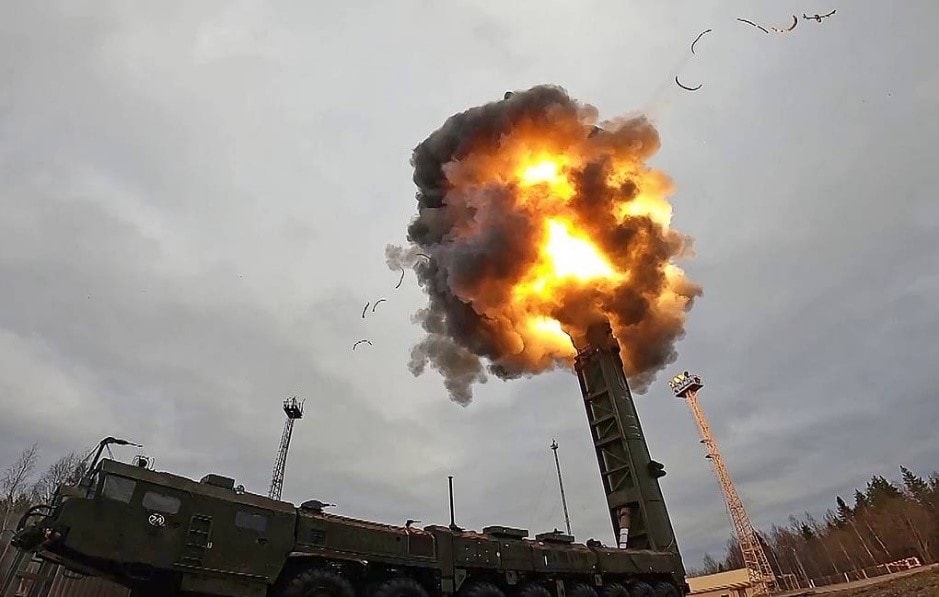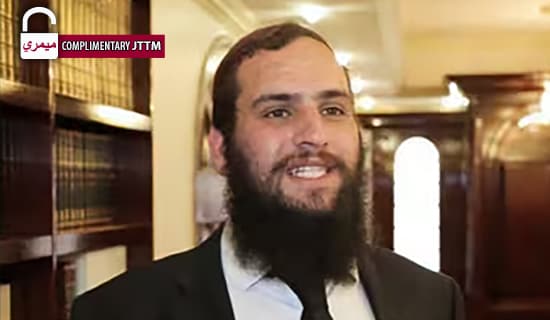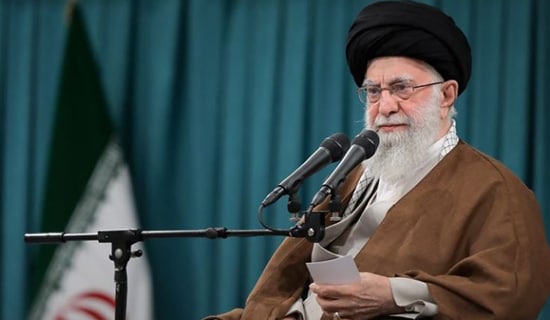In a January 29, 2012 article titled '100 Killed in a Day,' Al-Sharq Al-Awsat editor Tariq Alhomayed criticizes Russia for supporting the murderous Assad regime in Syria and the Arabs for failing to condemn it for doing so. He urges the Arab leaderships to pressure Russia into changing its policy on Syria, for instance by threatening an Arab boycott of Russian goods.
Also in the article, Alhomayed exhorts the Arabs to take action against Assad's regime themselves, for example by officially recognizing the Syrian government in exile, the SNC.
The following is his article, as it appeared in the English-language edition of Al-Sharq Al-Awsat.[1]
"A hundred people were killed in a single day in Syria at the hands of al-Assad's forces – yet Russia still defends the regime and sells it weapons, whilst Iran sends its officers for assistance, in addition to weapons and equipment, and then comes to us and says 'no to the internationalization [of the Syrian crisis]'! How can internationalization be so outrageous at a time when sectarianism and trading with the blood of the Syrian people is acceptable?
"A hundred people killed in one day in Syria, and we do not hear a single voice in our Arab world demanding the boycott of Russian goods, publicly and formally, and likewise have heard no public condemnation of Russia at the official Arab level!
"That's not all. Here's something more surprising: On October 6, 2011, I wrote an article titled 'Syria and the Russian hypocrisy,' in which I criticized the Russian position towards Syria and its support for the tyrant of Damascus. A Russian ambassador stationed in an Arab capital then contacted one of my colleagues in that country to tell him: 'Ask your editor-in-chief why his country doesn't ask us what we want, instead of attacking us.'
"Today the death toll in Syria has reached the extent that a hundred people can die in one day; this day was last Friday. Some 50 more die every day. Meanwhile, Russia still insists on defending al-Assad, and sectarian Iran defends the murderous regime. And then there is Turkey, where there is a lot of talk but little action!
"As for the Arab world, whenever the Arabs have mobilized, up until now, they have not given this criminal regime what it deserves. Even with the Arab initiative, which tactically speaking can be considered a good, perhaps great move, the Arabs are yet to deliver a painful blow to the al-Assad regime.
"Here some may ask: How can they? It would be a truly painful blow for the Syrian regime if the Gulf Cooperation Council (GCC) states, most notably Saudi Arabia, in addition to non-GCC states Morocco and Jordan, along with whoever else wishes to support the Syrian people, declared their recognition of the Syrian National Council (SNC), and then announced their convening of a conference for the Syrian opposition, under the title 'Friends of Syria'.
"The GCC and other states that wish to support the Syrian people must also send a delegation of foreign ministers to Moscow, not to negotiate the price of a deal with the Russians, but to inform them of the magnitude of what they will lose if they continue to support the tyrant of Damascus, and disrupt the Arab initiative's attempts to bring about the end of al-Assad in the Security Council.
"This message should be sent to Moscow publicly, not in secret. Arab blood, especially Syrian, has long been nothing more than a currency for the Russians to gain from, and this has been the case since the days of Jamal Abdel Nasser, through to the era of Saddam Hussein, and up to this day.
"The Russian ambassador to the United Nations is still alluding to the possibility of a deal [to save al-Assad], especially when he said after a Security Council meeting that Russia opposes the imposition of any sanctions, any embargo on arms exports, or any form of regime change, but [added] importantly: 'This does not mean that we reject dialogue.'. I think the message here is clear.
"This is what the Arabs, specifically the Gulf States, must do to protect Syria and its people from the tyrant of Damascus, and his allies in Tehran and Moscow. The difference between us, as Arabs, and them is considerable; they are protecting a tyrant whilst the Arabs are protecting an entire population!"
[1] Al-Sharq Al-Awsat (London), January 29, 2012.








